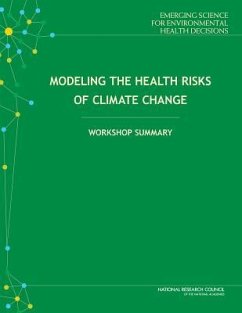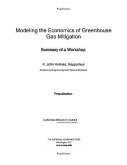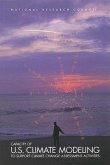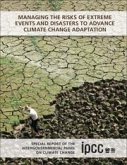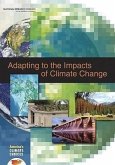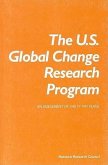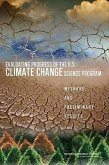Climate change poses risks to human health and well-being through shifting weather patterns, increases in frequency and intensity of heat waves and other extreme weather events, rising sea levels, ocean acidification, and other environmental effects. Those risks occur against a backdrop of changing socioeconomic conditions, medical technology, population demographics, environmental conditions, and other factors that are important in determining health. Models of health risks that reflect how health determinants and climate changes vary in time and space are needed so that we can inform adaptation efforts and reduce or prevent adverse health effects. Robust health risk models could also help to inform national and international discussions about climate policies and the economic consequences of action and inaction. Interest in resolving some of the challenges facing health effects modelers and health scientists led the National Research Council's Standing Committee on Emerging Science for Environmental Health Decisions to hold a workshop on November 3-4, 2014, in Washington, DC, to explore new approaches to modeling the human health risks of climate change. Throughout the workshop, the discussions highlighted examples of current application of models, research gaps, lessons learned, and potential next steps to improve modeling of health risks associated with climate change. Modeling the Health Risks of Climate Change summarizes the presentation and discussion of the workshop.--
Hinweis: Dieser Artikel kann nur an eine deutsche Lieferadresse ausgeliefert werden.
Hinweis: Dieser Artikel kann nur an eine deutsche Lieferadresse ausgeliefert werden.

